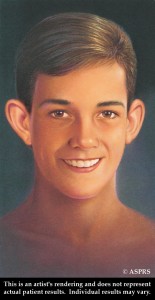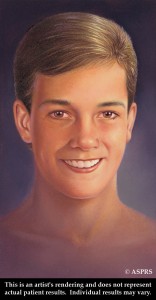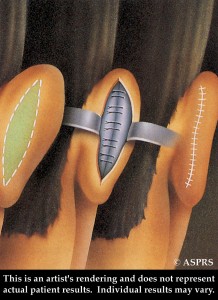Otoplasty is the surgery of pinning back outstanding ears. It is generally done under local anaesthesia except in young children.
AM I A CANDIDATE FOR THIS SURGERY?
Children are candidates for surgery at about age 7 since at this age the ear has more or less adult proportions and the children are able to keep the dressing on after the surgery. Adults, of course, are also candidates.
THE SURGERY
After freezing with local anaesthetic, the ear is pulled forward in order to expose its back. An incision is made in the back of the ear to expose the cartilage. The ear cartilage is manipulated to allow it to curve back naturally. The skin is then closed and a dressing is placed.
PREPARATION BEFORE SURGERY
Aspirin and all anti-inflammatory medication should not be taken for three weeks before surgery until two weeks after surgery. Anti-inflammatory medication and Aspirin causes thinning of the blood and may lead to excess bleeding during and after surgery. Tylenol (Acetaminophen), however, does not cause this problem and may be taken.
Alcohol in any form is not to be consumed for two weeks before surgery until two weeks after surgery. Alcohol has properties that dilate blood vessels and thin the blood and can contribute to excessive bleeding during and after surgery. Even a small amount can cause problems.
AFTER SURGERY
The dressing is removed about one week after surgery. During this period, you should avoid sleeping on the ears.
Once the dressing is removed, it is recommended that a headband be used for a period of one month, especially when sleeping. This is to avoid inadvertent pulling of the ear forward during the healing process.
Excessive physical activities should be avoided. Excess activity can lead to swelling or bleeding after surgery. You should be able to progressively return to normal activities after about 3 weeks and by 6 weeks all activities can be normalised.
POSSIBLE COMPLICATIONS
Possible ComplicationsCONCLUSION
Otoplasty can be a very easy surgery to undergo and gives immediate results.



